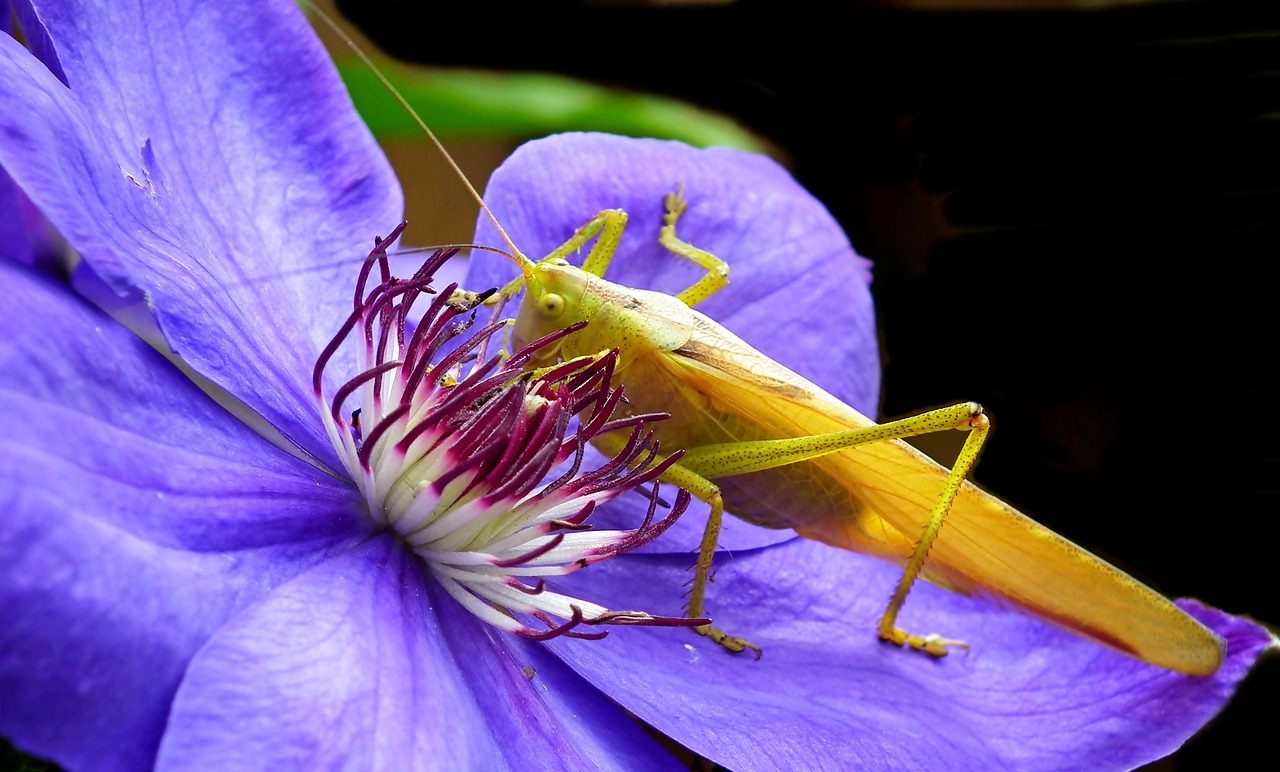The Devourers

“You lust and do not have. You murder and covet and cannot obtain. You fight and war. Yet you do not have because you do not ask. You ask and do not receive, because you ask amiss, that you may spend it on your pleasures.” [James 4:2,3]
Locust swarms have been plaguing mankind for thousands of years. Every continent except Antarctica has been decimated at one time or other by various species of these marauding mobs of grasshoppers. In Africa, a single swarm of desert locusts may contain as many as 18 billion insects, which normally live between three and six months. This adds up to 50,000 tons of locusts that can eat their own weight in vegetation every day. These swarms can cause countries huge losses of agricultural revenue, and may even lead to famine. During plagues, locusts may spread over an enormous area of some 25 million square miles, and travel as much as 120 miles in a day.
In the book of Joel, chapter 2, the prophet describes a plague of locusts: “…a day of clouds and thick darkness, like the morning clouds spread over the mountains. A people come, great and strong… The land is like the Garden of Eden before them, and behind them a desolate wilderness; surely nothing shall escape them” (verses 2,3).
So what causes a locust swarm? Normally grasshoppers are harmless and prefer to be alone. However, they occasionally undergo a radical, Jekyll-and-Hyde personality change called gregarization. Researchers discovered that under certain ideal conditions, extraordinary percentages of grasshoppers hatch and congregate in huge numbers, looking for food. The presence of other grasshoppers (could we call it peer pressure?) turns the solitary grasshoppers into gregarious locusts. While the sight and smell of other locusts do play a role in gregarization, the most important stimulus is physical jostling of their leg hairs with other grasshoppers. This apparently incites the swarm behavior, and they travel enormous distances and invade new areas, constantly in search of food, food, and more food.
The Bible teaches that people can also become constant consumers because of peer pressure. James says that humans murder, fight, and war to get what they want. But greed can consume the consumer! “So are the ways of everyone who is greedy for gain; it takes away the life of its owners” (Proverbs 1:19). If we ask Him with the right motives, God is happy to provide the things we need.





